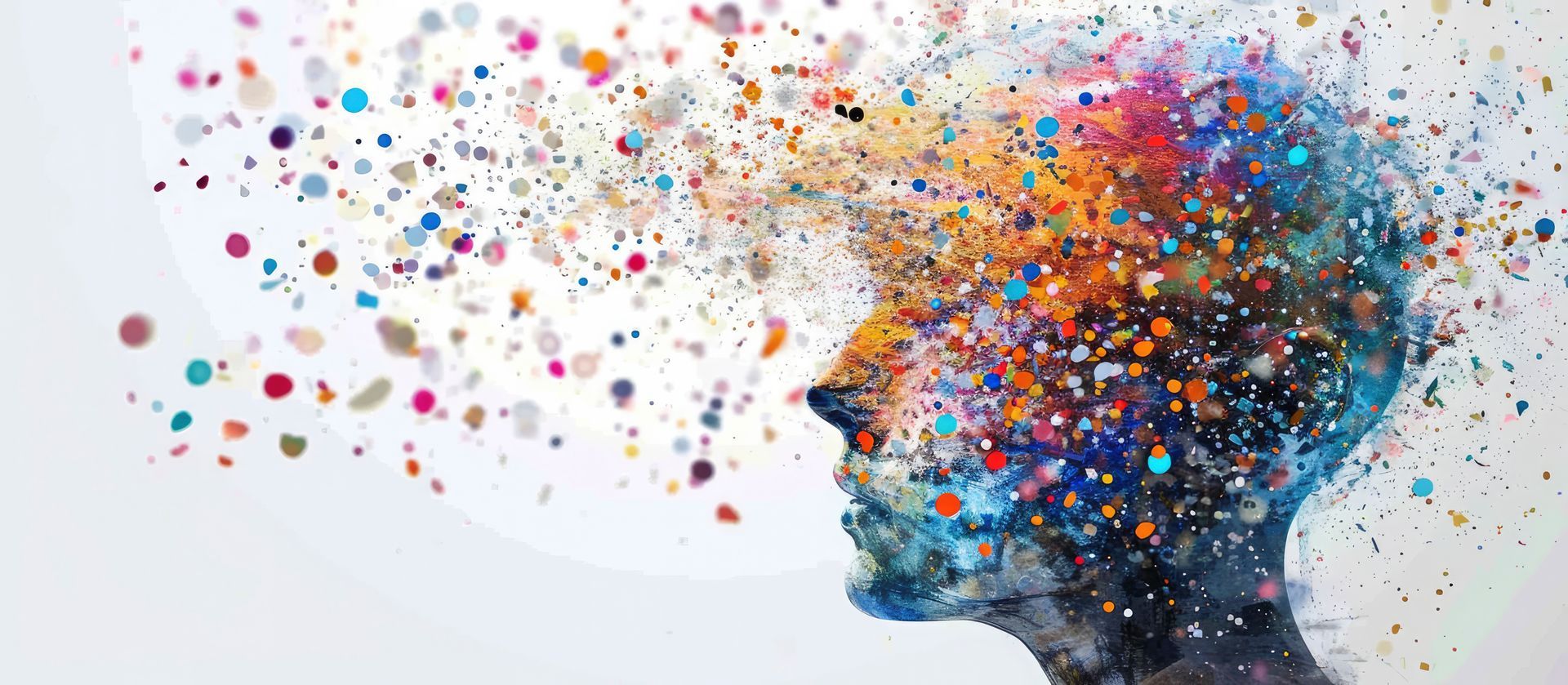ADHD in 2025: From Misunderstood Disorder to Celebrated Difference
Author name
In 2025, Attention-Deficit/Hyperactivity Disorder (ADHD) is no longer confined to the margins of medical discourse—it’s a central topic in conversations about neurodiversity, education reform, and workplace inclusion. Once dismissed as a childhood behavioral issue, ADHD is now recognized as a lifelong neurodevelopmental condition that affects millions across all ages and cultures.

🌍 A Global Shift in Understanding
- ADHD affects an estimated 6 million children in the U.S. alone, with growing recognition of adult diagnoses worldwide.
- The condition is now viewed as a spectrum of cognitive differences, not a binary diagnosis. This shift has helped reduce stigma and promote early intervention.
- Public awareness campaigns and neurodiversity advocacy have reframed ADHD from a “deficit” to a different way of thinking—often associated with creativity, spontaneity, and resilience.
🧠 Breaking Stereotypes, Redefining Success
- In 2025, success for individuals with ADHD is no longer measured by conformity to rigid academic or corporate standards. Instead, flexible career paths, remote work, and project-based learning environments are empowering neurodivergent individuals to thrive.
- Self-advocacy is on the rise, with more people openly discussing their diagnoses and demanding accommodations in schools and workplaces.
🏫 Education and Inclusion
- Schools are increasingly adopting inclusive teaching strategies, such as multisensory learning, movement breaks, and personalized instruction.
- However, diagnostic disparities persist—girls, people of color, and those in low-income communities remain underdiagnosed or misdiagnosed, often due to outdated stereotypes.
💊 Treatment and Controversy
- While stimulant medications remain a common treatment, long-term studies have questioned their sustained efficacy, showing that benefits may diminish over time.
- Behavioral therapies, coaching, and mindfulness-based interventions are gaining popularity as holistic alternatives.
- New research suggests ADHD symptoms may fluctuate over time, challenging the notion of it as a fixed, lifelong condition
💼 The Workplace Revolution
- Employers are beginning to recognize the value of neurodiverse teams, with ADHD-friendly policies like flexible hours, task chunking, and quiet workspaces becoming more common.
- Still, many adults with ADHD face barriers to employment, including lack of accommodations and misunderstanding from colleagues.
🌱 Looking Ahead
In 2025, ADHD is no longer a hidden struggle—it’s a visible part of the broader movement toward mental health equity and neurodiversity inclusion. While challenges remain, society is slowly learning to embrace—not just tolerate—those who think differently.
CATEGORIES

Sexual violence remains widespread, with over 50% of women and 30% of men affected. Male survivors face legal and cultural barriers, especially in patriarchal societies like the Philippines. Advocacy is shifting toward inclusive survivor support, consent education, and trauma-informed justice systems.

PTSD affects millions, with 70% of people experiencing trauma in their lifetime. Treatments like CBT, EMDR, and VR exposure therapy show promise, with response rates up to 85%. APA guidelines now emphasize contextualized care and symptom diversity. Psychedelic-assisted therapy is gaining traction in clinical trials.

Sexual violence remains widespread, with over 50% of women and 30% of men affected. Male survivors face legal and cultural barriers, especially in patriarchal societies like the Philippines. Advocacy is shifting toward inclusive survivor support, consent education, and trauma-informed justice systems.

PTSD affects millions, with 70% of people experiencing trauma in their lifetime. Treatments like CBT, EMDR, and VR exposure therapy show promise, with response rates up to 85%. APA guidelines now emphasize contextualized care and symptom diversity. Psychedelic-assisted therapy is gaining traction in clinical trials.

Physical abuse remains pervasive, especially among elderly and women in intimate relationships. In the Philippines, 17.5% of women aged 15–49 report violence from partners. Legal frameworks are evolving, but cultural stigma and underreporting hinder justice. Advocacy focuses on intersectional approaches and trauma-informed law enforcement.

With over 280 million affected, depression remains a leading cause of disability worldwide. Suicide rates are rising, especially among underserved populations. Innovations include AI-enhanced diagnostics, peer-led support models, and psychedelic-assisted therapy trials. The urgency for systemic reform and funding is louder than ever.

Therapy is more flexible, inclusive, and tech-enabled than ever. Virtual platforms are mainstream, and early intervention for youth is a global priority. Counselors now integrate creative modalities, cultural sensitivity, and trauma-informed care. The APA highlights political shifts and systemic reform as key influences on the field.

Anxiety disorders remain the most common mental health condition globally, affecting over 300 million people. Gen Z leads the charge for transparency and access, but care gaps persist. Trends include mindful tech, radical stability, and community-based interventions. Sleep optimization and digital detoxing are emerging self-care strategies.

Anger is no longer seen as a personal flaw—it’s a public health concern tied to cardiovascular risk, substance abuse, and violence. With rising workplace aggression and online hostility, 2025 emphasizes emotional regulation training, restorative justice, and trauma-informed conflict resolution. New research links gut health and exercise to mood stabilization.



